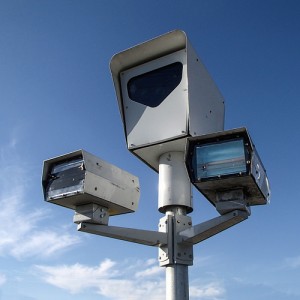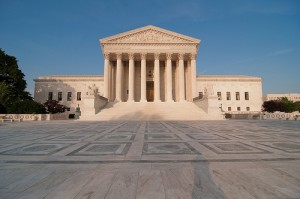In a unanimous decision published yesterday, the California Supreme Court concluded that the evidence generated by an automated traffic enforcement system (ATES) was adequately authenticated by the testimony of a city officer, and that the ATES evidence did not constitute hearsay.
the California Supreme Court concluded that the evidence generated by an automated traffic enforcement system (ATES) was adequately authenticated by the testimony of a city officer, and that the ATES evidence did not constitute hearsay.
The defendant in People v. Goldsmith was cited for failing to stop at a red traffic light at an intersection located in the City of Inglewood. The evidence presented against her included several photographs and a 12-second video, all of which were generated by an ATES. Only one witness testified at the defendant’s trial, Continue reading

